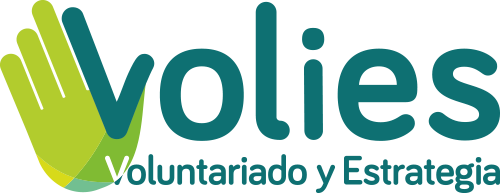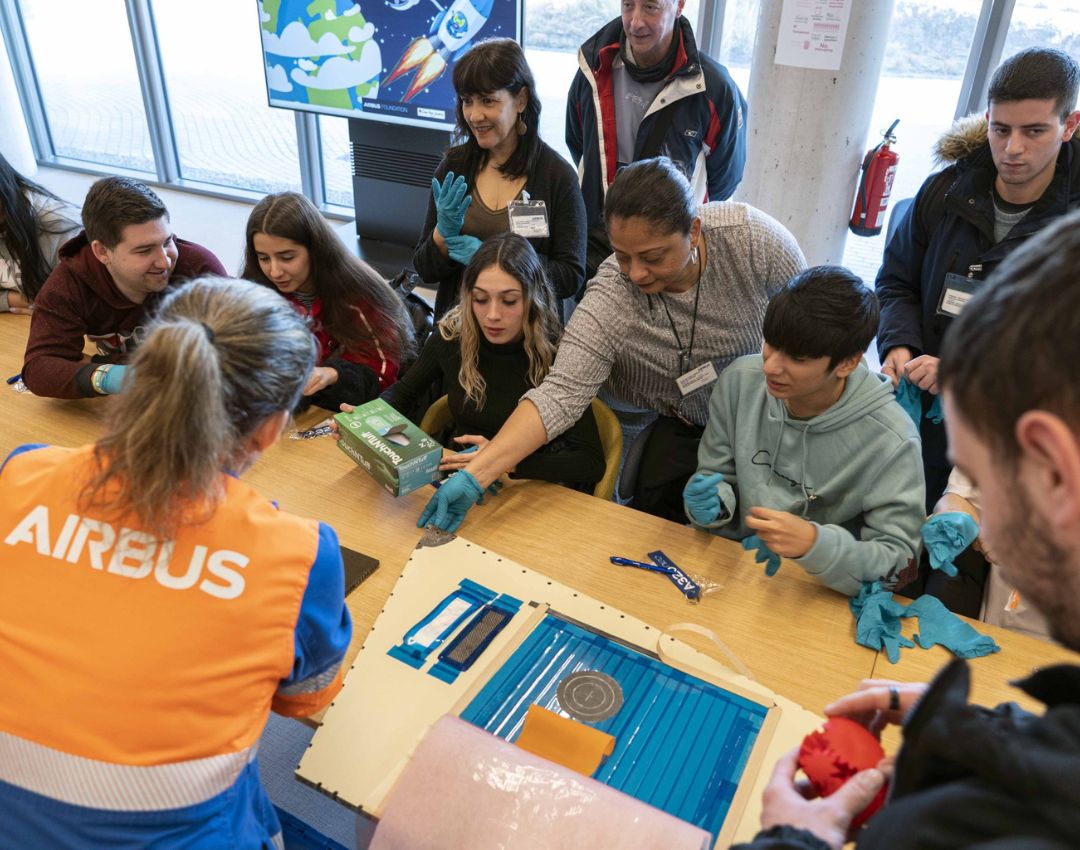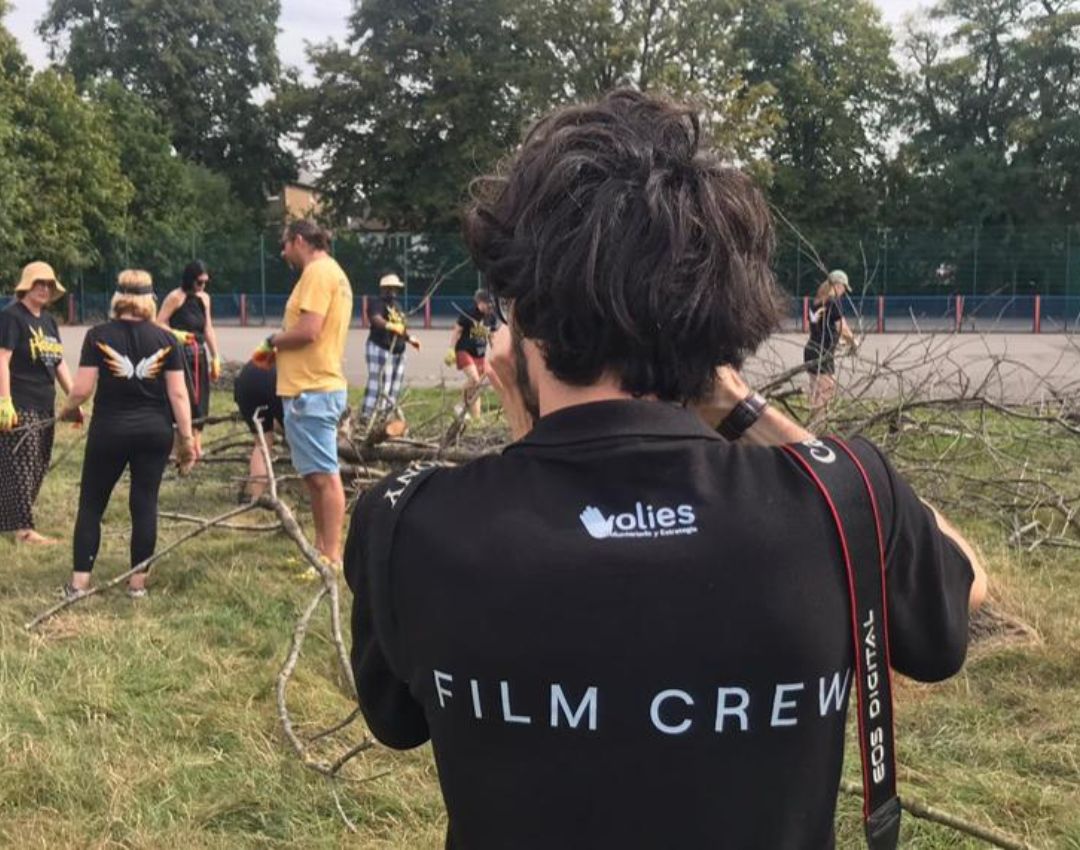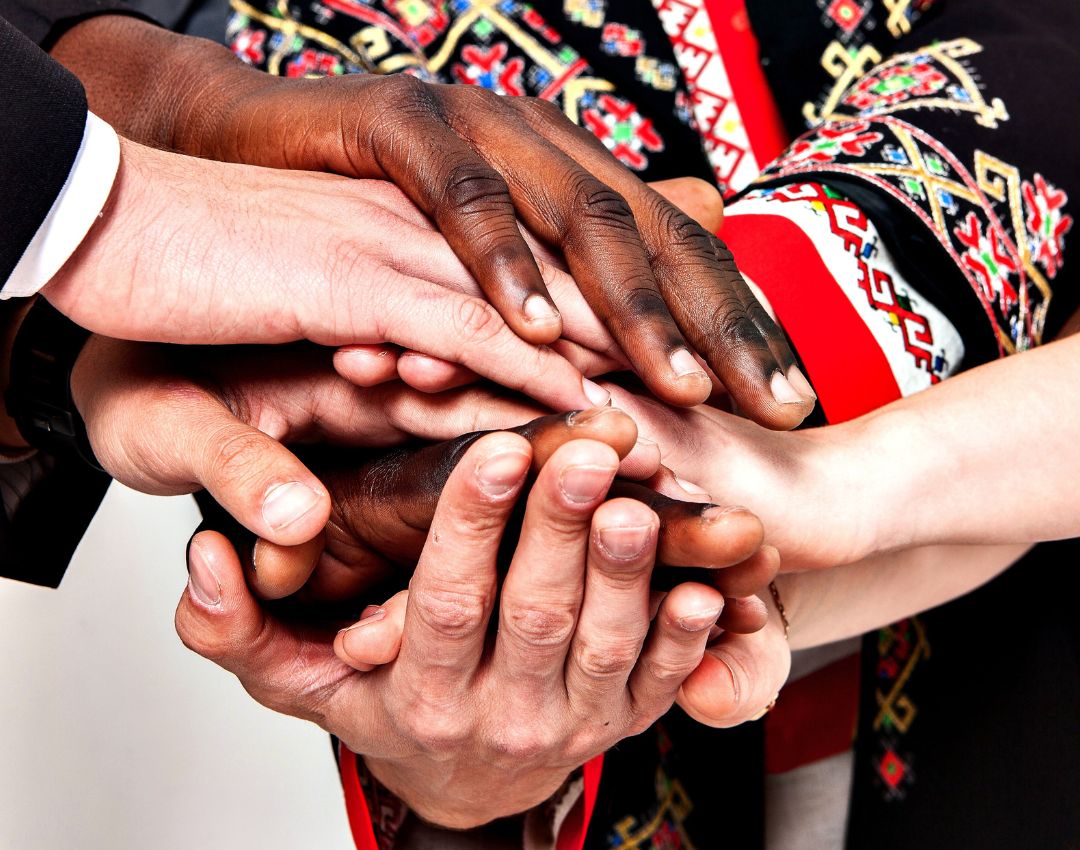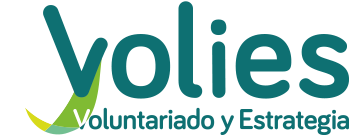The parameterization and definition of KPIs continues to be one of the greatest challenges in social responsibility and sustainability policies.
Long-standing standards such as the Global Reportive Initiative, ISO 26001, and even the Sustainable Development Goals, have allowed us to take a great step forward in the measurement and standardization of indicators and metrics in the world of sustainability.
These metrics make it possible to define a scorecard in which to visualize the evolution and adequacy of the objectives, monitor the impact by sectors or areas of influence and prepare reports on results.
Essentially, all these issues make it possible to be more results-oriented and achieve the greatest positive social and environmental impact of the policies and actions implemented in these areas.
In the specific case of Corporate Volunteering, this is one of the greatest challenges we are currently facing.
It is precisely this comprehensive evaluation that will allow us to establish the desired KPIs, which will make it easier to show the enormous repercussion, impact and evolution of the policies implemented in the company.
In the last decade we have witnessed a great professionalization in a large number of companies in Spain and Latin America, which articulate their corporate volunteering actions around a corporate strategy, which gives them coherence and makes the enormous impact they have visible.
However, the multiplicity and diversity of these actions, and how each company carries them out, has led to a lack of homogeneity of data when it comes to considering the KPIs to be included in a scorecard.
Questions such as whether it is possible to consider as digital volunteering that person in the company who shares non-profits campaigns in their social networks; whether we should include the hours of training for volunteering as volunteer hours themselves; how to calculate the beneficiaries of an activity or what data we get if the same person comes to several activities. These are some of the many questions that those responsible for these programs encounter in their day to day.
In a field in which there is still much to be built, the best way to consolidate objective, verifiable and valid criteria is as a team.
As a result of this teamwork, today, December 5, when we celebrate #VolunteeringDay, the Guide to measuring corporate volunteering has been published by Voluntare. Voluntare is a think tank that has become the largest Corporate Volunteering Network in Spain and Latin America, made up of a hundred companies and coordinated by Volies for over a decade.
From the joint experience of organizations such as Iberdrola, Agbar, Telefónica Foundation, Repsol Foundation, Ifema Madrid, Red Cross, United Way or Amadeus Foundation among others, this guide offers shared definitions of the main performance indicators that allow to homogenize the reports of companies and entities, facilitating the development and analysis of data and greater professionalization of the sector.
It also includes recommendations and methodological advice so that each company can develop its scorecard and KPIs according to the objectives of its program.
To sum up, a simple but powerful tool has been created, which will allow us to take another step forward in the exciting world of creating a virtuous civic circle and in which corporate volunteering has already proven to be an effective part.
